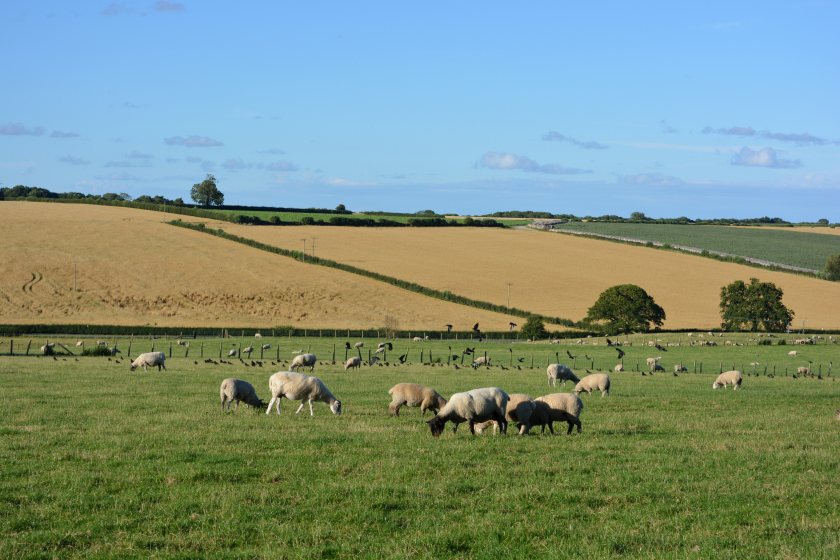
The Land Use Framework, which states that 9% of England’s farmland will need to be taken out of production for climate goals, is "flying under the radar" for many farmers.
This is according to Laura Greenman, partner at HCR Law, who is urging farming businesses to have their say on the plans as the industry is "once again under threat".
The Land Use Framework, which was launched for consultation at the end of January, seeks a new strategic approach to managing land use in England.
As part of it, the government is looking at new ways to deliver housebuilding, nature goals, energy infrastructure and entire new towns.
The framework states that 9% of England’s agricultural land will need to be taken out of production to meet environmental and climate targets.
Ms Greenman says that while it focuses on planning, energy and infrastructure, she warns that little consideration has been given to food security.
She says farmers must not miss the opportunity to have their voices heard during the consultation period, which closes on 25 April 2025.
“The framework claims to support Britain's food security while suggesting that 760,000ha of agricultural land in England must be removed from production,” says Ms Greenman.
The government has said that only the least productive land will be taken out of agricultural use, leaving the land with the "greatest long-term potential for food production" to deliver higher yields.
While the framework is high level, Ms Greenman says a local or regional focus will be needed as soil types, weather conditions, and land management strategies all play a role in productivity.
“We know that some of the least productive land can play a crucial role in livestock grazing and rotational systems,” she explains.
The framework aims to support the government’s existing plans for land use change and is seeking views on what that will mean.
There is no detail on how this will be achieved, and the concern is that the framework becomes the justification for major policy decisions in future.
With the autumn budget and subsequent funding announcements raising concerns for the future of UK farming, Ms Greenman warns that the framework is "flying under the radar" and industry effort is needed to raise awareness of it.
“As an industry, we need to come together to voice our concerns. Farmers are already facing numerous challenges, and this feels like yet another one,” she adds.
“The consultation period is a chance for farmers and landowners to influence the future of land use in England. If the industry doesn’t engage, decisions will be made without our input.”
The government is set to publish a response to the consultation at the end of July, with farmers being encouraged now to provide feedback via the online form.
Ms Greenman concludes: “Any feedback submitted via the consultation must be responded to, so we need to encourage farmers to contribute in this way before the consultation period closes on 25 April 2025."
